Follow-up Call After an Interview: Key Findings
- Wait 1–2 weeks after the interview before making a follow-up call.
- Prepare a script and speak professionally to make a good impression.
- Follow-ups can keep you top of mind and improve your chances.
Job hunting can be stressful, from perfecting your resume to waiting for a job offer.
One way to stay proactive after an interview is by making a follow-up call after an interview to keep your name top of mind with the hiring manager.
This guide covers everything you need to help you boost your chances of getting hired.
Should You Make a Follow-up Call After an Interview?
Yes. Making a follow-up call after an interview allows you to cover additional qualifications and strengths that you possess and reiterate your interest in the position.

Follow-up calls can even open opportunities to negotiate more favorable terms — such as a higher salary — if the recruiter is interested in moving forward with your candidacy.
When Should You Make a Follow-up Call After an Interview?
Typically, waiting one to two weeks after your interview is a good rule of thumb when asking the recruiter for an update via a follow-up call.
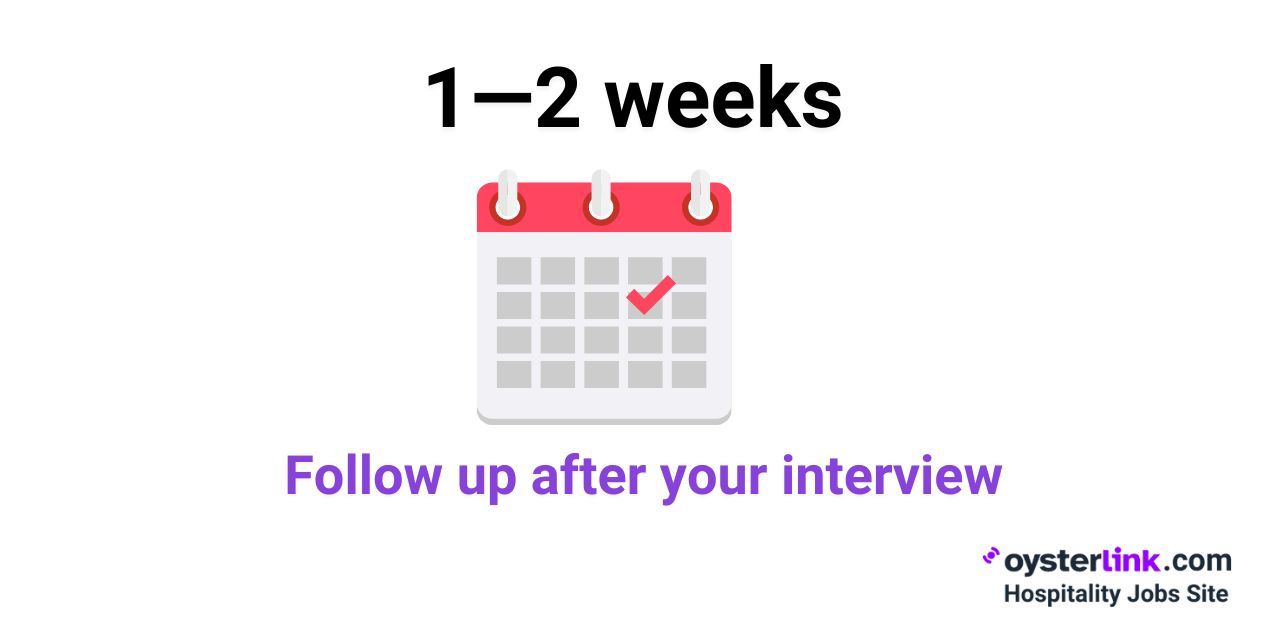
If you’re applying for a particularly competitive position, you may want to wait a little longer before following up.
Following up right after the interview can leave a bad impression and make the recruiter feel pressured, when they’re in the midst of the hiring process.
To set realistic expectations and prevent awkward exchanges, ask the recruiter when you can expect to hear back about their decision, during your interview.
How To Make a Follow-up Call After an Interview
To make a follow-up call after an interview, follow these seven key steps.
1. Prepare Ahead
Before making the call, make sure you have all the necessary information — such as the recruiter’s contact details and the reason for your follow-up call.
The recruiter may ask you questions during the call, so be prepared to answer them. Review the job description and the questions you were asked during the interview to help you prepare.
2. Practice the Conversation
It’s normal to feel a little uneasy about making a follow-up call and creating a script will help prevent you from stuttering, stumbling over your words or leaving room for awkward silence.
In your script, include:
- Your full name
- The job title you interviewed for
- The date you were interviewed
- Questions you want to ask the recruiter—such as when you can expect to hear their decision, or details about the position that you forgot to cover during the interview
Once you have your script ready, it’s time to practice! Get rid of pre-speech jitters by rehearsing your script with a family member or friend.
You can also watch this video for five quick tips to improve your communication skills before making the call.
3. Introduce Yourself
During your follow-up call, be sure to introduce yourself to remind the recruiter of your name and the position you applied for.
Remember, the interviewer has likely interviewed multiple people during the hiring process.
State the purpose of your call by saying, “I’m calling to follow up on the status of my application for the [position] at [company].”
4. Be Professional
Ensure that your tone of voice is friendly, polite and professional. Use proper phone etiquette and avoid using slang or casual language.
Remember, your communication skills may be a key factor in the decision of whether or not to make a job offer.
5. Express Your Gratitude
The hiring process can be stressful for everyone involved. Expressing gratitude shows you're courteous and engaged.
Remember: Greenhouse reports that 79% of candidates would consider reapplying to a company if they received feedback — even after rejection, so even a brief follow-up can leave a lasting, positive impression.
6. Ask for an Update
In addition to asking any questions you have post-interview, use the follow-up call to ask the recruiter when you might hear back about a final decision regarding the position.
7. Follow Up With an Email
After the phone call, follow up with an email to summarize the conversation and to thank the recruiter again for their time. This provides a written record of your conversation and keeps your contact details at the top of the recruiter’s inbox.
Dos & Don’ts When Making a Follow-up Call After an Interview
Following up after an interview can feel tricky. You want to stay professional without coming across as pushy.
This TikTok video breaks down some quick tips, and we’ve expanded on them with a full list of dos and don’ts below.
Dos
- Call from a quiet place so you can listen and speak clearly.
- Keep your resume handy to answer recruiter questions.
- Prepare a short script with your name, job title, interview date, and key qualifications.
- Keep the call brief and to the point.
- If you get voicemail, leave a short, clear message.
- Be flexible — call back later or follow up by email if needed.
- Track all follow-ups to stay organized.
- Be patient — send one more follow-up if you haven’t heard back after a few weeks.
- Prepare for next steps if you’re invited to discuss an offer.
Don’ts
- Forget to introduce yourself — recruiters interview multiple candidates.
- Call repeatedly or request daily updates.
- Skip follow-ups altogether if you haven’t heard back in one to two weeks.
- Use rude language or negative comments.
- Complain about the hiring timeline.
- Make unreasonable requests, like expediting the process.
- Give up if you don’t get the job — keep applying and networking.
Sample Scripts for a Follow-up Call After an Interview
Still not sure what to say when following up? Below are some sample scripts you can use to confidently check in with the hiring manager, express your continued interest and inquire about the next steps in the hiring process.
1. Follow-Up Call Template 1
Goоd morning, [Recruiter’s Name],
This is [Your Name]. We met last week, on December 1st, when I was interviewed for the [Position] at [Company Name].
I wanted to thank you for taking time out of your busy schedule to meet with me. I enjoyed our discussion, and I’m excited about the possibility of joining the company.
I’m reaching out to follow up on the status of the position.
Please let me know if you have any additional questions that I can answer regarding my skills or experience. I’m available any time before [Your Availability] on weekdays. You can reach me at [Your Number]. Thank you again, and I hope to hear back from you soon!
Sincerely,
[Your Name]
2. Follow-Up Call Template 2
Hi [Recruiter’s Name],
I just wanted to thank you again for the opportunity to interview with [Company Name] on [Date]. I really enjoyed speaking with you and learning more about the [Position] role.
I’m highly interested in this opportunity, and I believe that I would be a great fit for the team. Is there any update you can share about the status of my application?
If there are any follow-up questions I can answer regarding my skills or experience, please do not hesitate to reach out.
Thank you again for considering me for this role. I am excited about the opportunity to join [Company Name] and contribute to its success.
Sincerely,
[Your Name]
Following Up via Call vs. Email: Which Is More Effective?
Choosing between a call or an email after an interview depends on the situation, the company and your communication style. Knowing when to use each helps you make the best impression.
A follow-up call after an interview is more direct and personal. In fact, a well-timed call often prompts a quicker response from employers, particularly if the hiring timeline is short.
If you've interviewed for a customer-facing or communication-heavy role (such as in hospitality!), this is likely the better option. After all, following up via call can better showcase your confidence and professionalism.
On the other hand, a follow-up email after the interview is the more common choice for most candidates. It allows you to craft a professional, well-structured message, restate key points from your interview and express gratitude without putting pressure on the employer to respond immediately.
Sending emails may be more effective if you're applying for larger companies or roles where recruiters handle multiple candidates at once.
Making a Follow-up Call After an Interview: Conclusion
Following up after an interview shows professionalism, reinforces your interest, and keeps you on the hiring manager’s radar. Whether by call or email, timing and tone matter — be polite, brief and respectful of their schedule.
Wait a few days before calling so you’re not too early but still top of mind. Keep your message confident and concise, and be ready to leave a clear voicemail if needed. If there’s no response, avoid repeated follow-ups and continue your job search.
P.S. — Still waiting to hear back from a company you interviewed for? Or maybe you weren’t offered the job? Either way, don’t get discouraged. Keep looking for other opportunities by trying out our job search tool below!
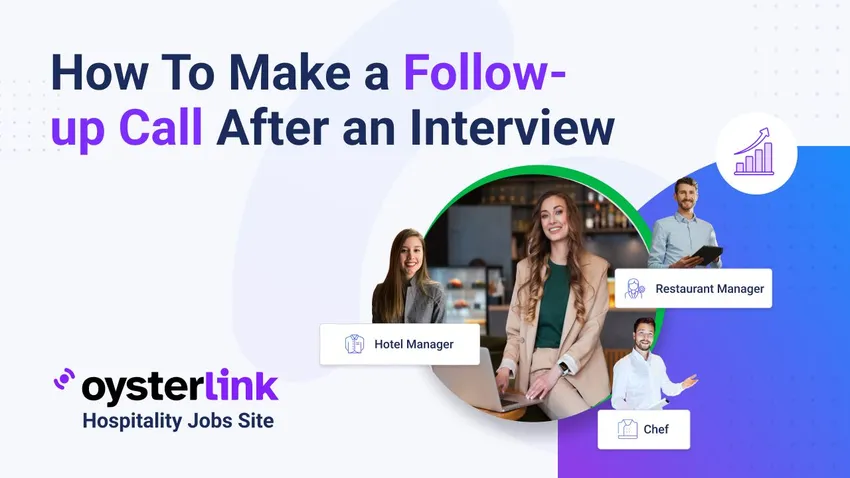




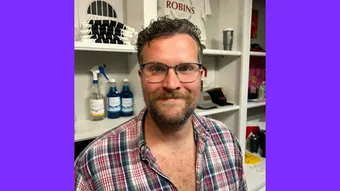
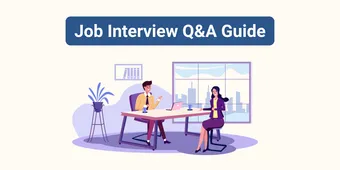
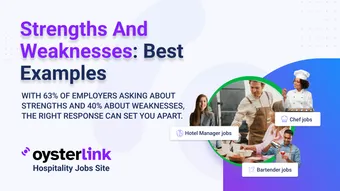
Loading comments...